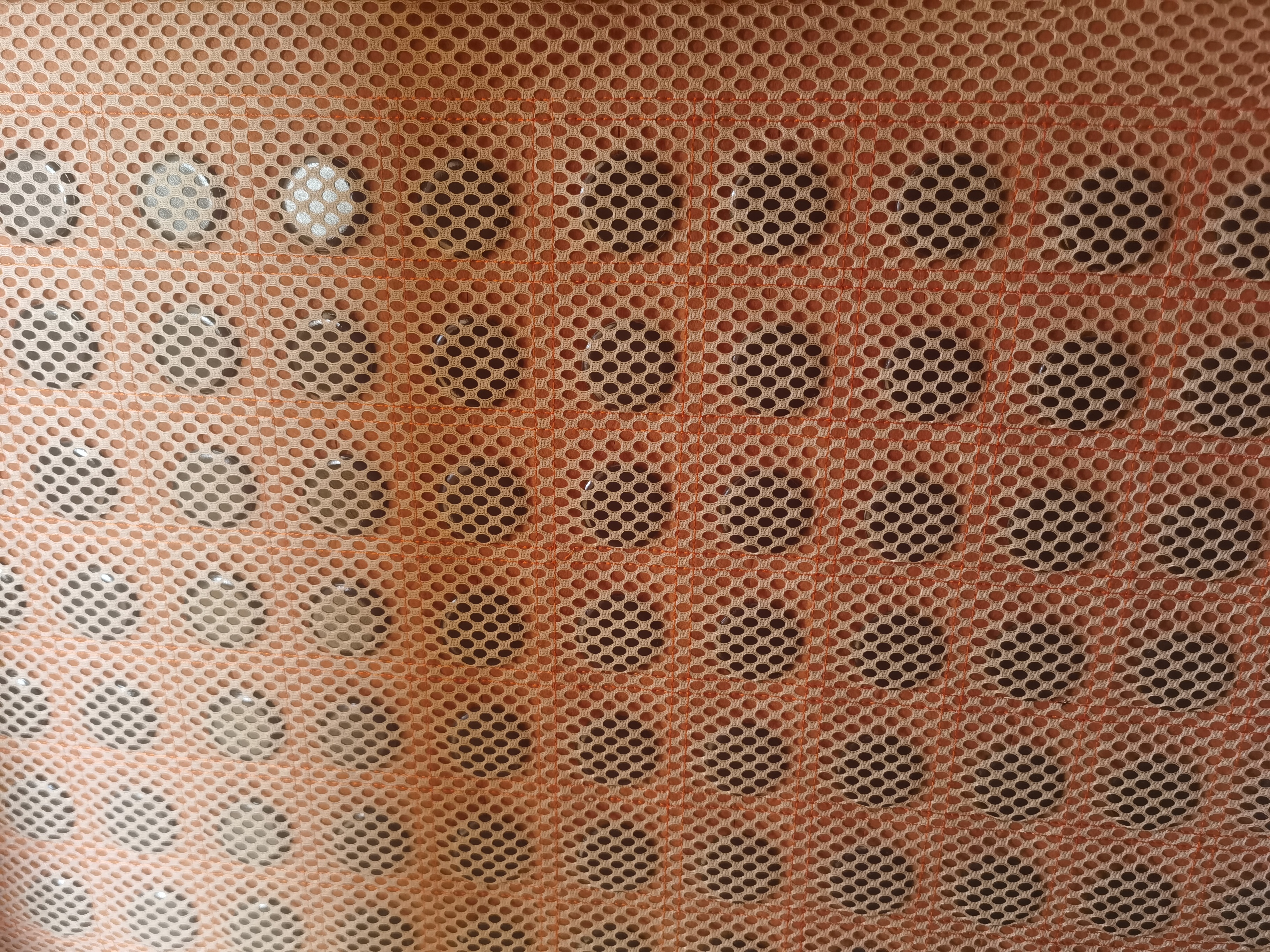
Hawaii, with its idyllic tropical climate, presents unique challenges and considerations when it comes to choosing insulation materials for sauna rooms. The combination of high humidity, warm temperatures, and occasional exposure to salt air requires a careful selection process to ensure that the sauna room can maintain heat effectively while also being durable over time.
In the tropical environment of Hawaii, humidity levels are typically high. This has a significant impact on the choice of insulation materials for sauna rooms. Materials that are prone to absorbing moisture may lose their insulating properties over time. For example, traditional fiberglass insulation can absorb moisture, which not only reduces its effectiveness in retaining heat but can also lead to issues such as mold growth and degradation of the material. In a sauna room, where heat and moisture are constantly present, this is a major concern. Therefore, insulation materials that are moisture-resistant or even waterproof are preferred. Materials like closed-cell spray foam insulation offer excellent moisture resistance. The closed-cell structure prevents water vapor from penetrating, ensuring that the insulation maintains its R-value (a measure of its insulating ability) and continues to keep the sauna room warm and energy-efficient.
Despite the generally warm climate in Hawaii, there can still be some temperature fluctuations, especially at night or during periods of inclement weather. The insulation material for the sauna room needs to be able to handle these changes. Materials that have good thermal stability are essential. For instance, mineral wool insulation has relatively good thermal stability and can maintain its insulating performance in a range of temperatures. It can also withstand the high temperatures inside the sauna room without significant degradation. Additionally, it should be noted that in a tropical setting, the sauna room may need to cool down more quickly between uses to prevent overheating and to maintain a comfortable environment. Insulation materials that can facilitate this heat transfer out of the room when needed, while still providing effective heat retention during operation, are highly desirable.
Hawaii's proximity to the ocean means that salt air is a common factor to consider. Salt air can be corrosive to certain materials, especially over time. This is particularly relevant for the metal components often used in the construction of sauna rooms, such as the framing and any metal-based insulation materials. For example, if aluminum-backed insulation is used, the salt air can cause the aluminum to corrode, reducing its durability and potentially affecting the overall integrity of the insulation system. To combat this, materials that are resistant to corrosion or have protective coatings are necessary. Stainless steel components or insulation materials with anti-corrosion treatments can be a better choice in such a tropical, salt-air environment. They can withstand the corrosive effects of the salt air and ensure the longevity of the sauna room's insulation and structure.
In addition to the specific challenges posed by the tropical conditions, the overall durability and longevity of the insulation material are crucial. Sauna rooms are subject to regular use and exposure to heat, moisture, and potentially harsh environmental factors in Hawaii. High-quality insulation materials that can withstand these conditions over an extended period are essential to avoid frequent replacements and maintenance. For example, rigid foam insulation boards made of materials like polyurethane or polystyrene can provide good durability. They are resistant to physical damage, have a relatively long lifespan, and can maintain their insulating properties well in the tropical climate. Moreover, proper installation techniques and sealing are also important to prevent air and moisture leakage, which can further enhance the durability and heat retention performance of the insulation. Regular inspections and maintenance of the insulation, especially in a tropical environment where conditions can be more challenging, can help identify and address any potential issues early on, ensuring the continued effectiveness and durability of the sauna room insulation.

